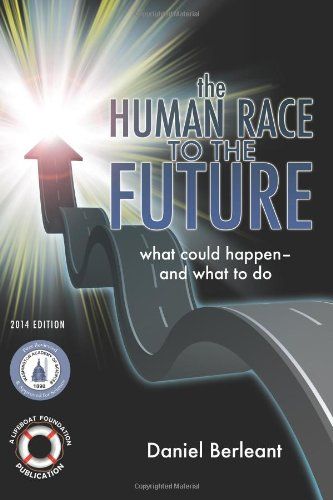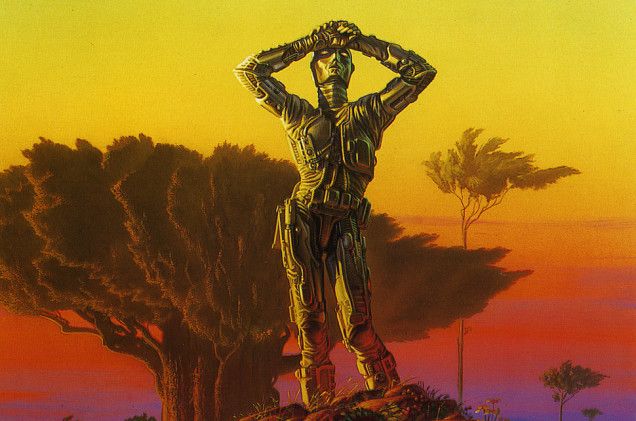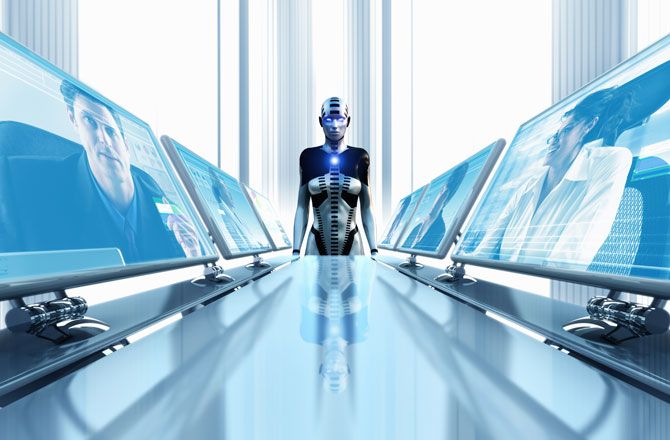Apr 29, 2014
Superintelligent AI Could Wipe Out Humanity, If We’re Not Ready for It
Posted by Seb in category: robotics/AI
Jordan Pearson — Motherboard

Impending technological change tends to elicit a Janus-faced reaction in people: part awe, part creeping sense of anxiety and terror. During the Industrial Revolution, Henry Ford called it the “the terror of the machine.” Today, it’s the looming advancements in artificial intelligence that promise to create programs with superhuman intelligence—the infamous singularity—that are starting to weigh on the public consciousness, as blockbuster ‘netsploitation flick Transcendence illustrates.
There’s a danger that sci-fi pulp like Transcendence is watering down the real risks of artificial intelligence in public discourse. But these threats are being taken very seriously by researchers who are studying the existential threat of AI on the human race.


 JESSE McKINLEY — NYTimes
JESSE McKINLEY — NYTimes


 It’s been 50 years since
It’s been 50 years since 








